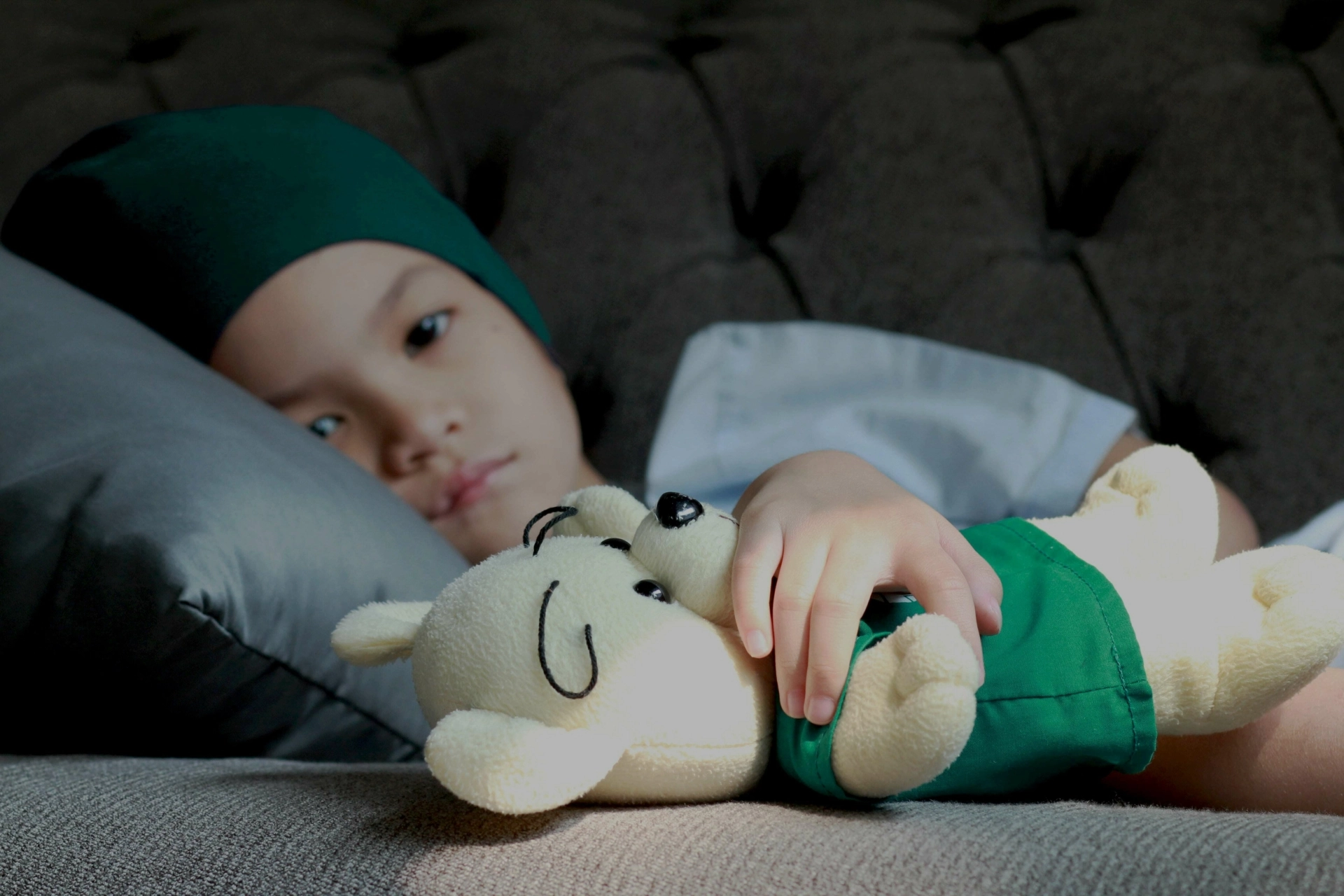Primary brain cancer is the leading cause of disease-related death amongst Australian children and is associated with the highest years of potential life lost in paediatric cancers.
Presently, brain cancer response assessments are guided by MRI and rely on clinical judgement based on age, symptoms and location-at-presentation.
While diagnosis and treatment advances have raised five-year survival rates above 70%, treatment-related side-effects may cause chronic consequences in the survivors' quality-of-life. New diagnostic and treatment strategies are therefore urgently required to enhance survival/survivorship in pediatric brain cancers.
Opportunity
Recent epigenomic advances (integrated into standard practice) demonstrate substantial diagnostic potential, reporting high test sensitivity/reproducibility. Furthermore, radiomics can facilitate more informed clinical decisions by employing Artificial Intelligence (AI) models to extract/classify quantitative features (image-based biomarkers) from MRI.
Integrating genetic/molecular information, radio-genomics can offer deeper pre-operative, non-invasive insights into paediatric brain cancer processes, aiding diagnosis, sub-grouping, and personalised treatment. Yet, due to the smaller disease prevalence compared to adult populations, there is a dearth of radiomic/radio-genomics studies in pediatric neuro-oncology.
Objective
We will leverage a unique multi-institutional dataset with linked epigenetic, imaging and clinical data, and develop/test/integrate radio-genomics into the diagnostic workup and treatment-planning of children nationwide, improving outcomes through better targeted treatment planning.
Project Leader
PARTNERING INSTITUTIONS
Australian Institute for Machine Learning (AIML), Women's and Children's Health Network


